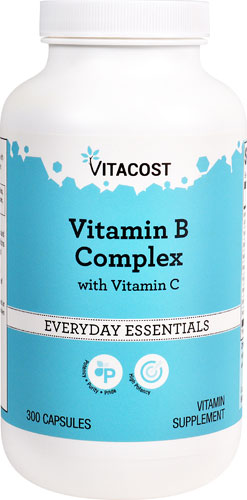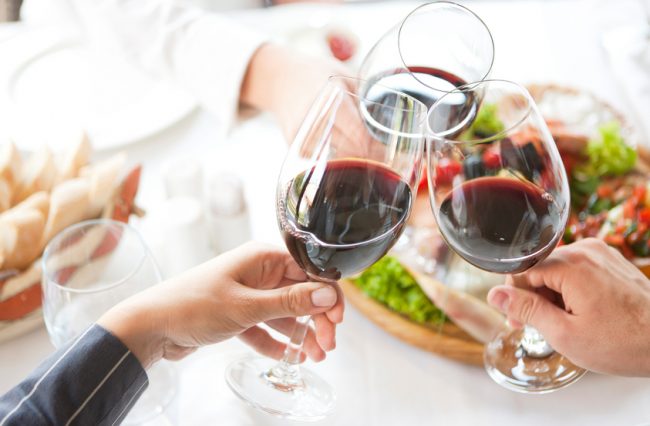We’ve all done it. You had such a blast cheersing with pals at a pub or sipping wine that paired perfectly with each dinner course (and dessert) that before you knew it—oops!—you drank too much. The next day you wake up in a haze, with a jack-hammer headache and a somersaulting stomach, wishing you somehow could’ve warned your night-before self to back off the booze.
Although no magic pill or potion will snap you instantly back to normal—your body needs time to metabolize and eliminate the toxins (a.k.a. alcohol) that went down so easily—there are a few hangover support remedies you can reach for that might at least make you more comfortable and even speed up the detox. But with all the old wives’ tales floating around and quick fixes trumpeted on the Internet, how do you know what to trust?
Well, not surprisingly, human trials testing the effectiveness of hangover remedies are sparse. To date, the most comprehensive data in this department comes from a meta-analysis published in British Medical Journal in December 2005. Researchers scanned results of eight trials that examined eight different potential hangover remedies, including tolfenamic acid, fructose and glucose, as well as artichoke, borage and prickly pear supplements. Despite wildly varying study protocols, small group sizes and inconsistent ways of evaluating hangover symptoms—all factors that make it tough to compare studies and draw sound conclusions—the authors determined that none of these interventions would effectively cure a hangover, and the best way to avoid the dreaded morning after was to abstain from drinking altogether.
Thanks, we’ll keep that in mind for next time.
Still, there are some doctor-recommended solutions that target and ease specific side effects of a hangover, rather than claiming to be cure-alls.
1. Drink lots of water
Simple, right? But so very important. Alcohol dehydrates—very severely, in fact. It’s been shown that for each drink imbibed, you lose more water than you take in, even though the bulk of beer and even most mixed drinks is actually water. This is in part because booze impedes your kidneys from functioning properly and from retaining fluids, which is why you likely made many trips to the bathroom throughout your night of revelry. Remember, every single bodily function relies on water, so when you become dehydrated from alcohol, everything from toxin elimination to muscle function gets stalled.
Your best bet is to sip water consistently while you drink adult beverages, but if you missed that boat, start slamming H2O the second you get home. Jacob Teitelbaum, MD, author of Real Cause, Real Cure (Rodale, 2012) and the “Cures A–Z” smartphone app, suggests setting a glass of water at your bedside to drink whenever you wake up throughout the night (most people sleep very restlessly while the body metabolizes alcohol). If you rise and shine having gone waterless all night long, start guzzling ASAP and keep the agua flowing all day.
2. Replace lost nutrients
It isn’t just water that gets drained from the body when you hit the restroom again and again—you’re also flushing out several key vitamins and nutrients that your body needs to work properly and to guard against the cell-damaging free radicals churned up by alcohol. “Along with dehydration, a hangover is marked by a depletion of nutrients needed for brain function and to break down toxins,” Teitelbaum says.
Topping the list of lost essentials are potassium and B vitamins, according to Teitelbaum. “Replacing these nutrients will relax tense muscles [that cause headaches, heartburn and cramping] and help filter out excess signals to the nervous system, such as noise, to speed recovery from hangovers,” he explains. Potassium also helps replace lost electrolytes—key for keeping you hydrated. For a quick and potent potassium punch, peel a banana and either eat it whole or blend it into an easy-to-drink smoothie. Bananas contain roughly 450 mg of potassium, making them one of the richest food sources, and also supply a decent dose of B vitamins. To get an extra B boost, Teitelbaum suggests 50 mg of a B-complex supplement.
He also notes that stores of glutathione get gutted when you drink too much alcohol—just when your body could use this potent free radical-fighting antioxidant the most. Certain nutrients, namely N-acetyl cysteine (NAC), glutamine and glycine, can raise glutathione levels. Teitelbaum says the easiest way to access these and more is by mixing up a multinutrient powder that has 250 mg of NAC, 1,000 mg of glutamine, 750 mg of glycine, 50 mg of B complex, 500 to 750 mg of vitamin C and 150 to 200 mg of magnesium.
3. Sugar it up
After a night of drinking, your blood sugar drops, and your system could use a little a.m. boost, even just to keep it stable. “Having just a bit of sugar, such as from 3 to 4 ounces of fruit juice, can keep blood sugar from dropping—but too much more will make you feel worse,” Teitelbaum says. Tomato juice is a sound choice, because it’s loaded with fructose—which absorbs more slowly than glucose but speeds alcohol metabolism—and antioxidant vitamin C, and it tends to be less acidic and easier on the stomach than orange juice. Or, try a teaspoon of honey every 30 minutes or so throughout the morning. Honey also contains fructose, along with potassium and several antioxidants.
Bonus tips: Still need more help? Over-the-counter pain relievers such as ibuprofen and aspirin can curb inflammation and relieve a pounding headache, but steer clear of acetaminophen (Tylenol, Excedrin), which can harm your liver when mixed with alcohol. And avoid coffee and other caffeine sources. While they might jolt your energy, they’re diuretics that dehydrate you even more.





